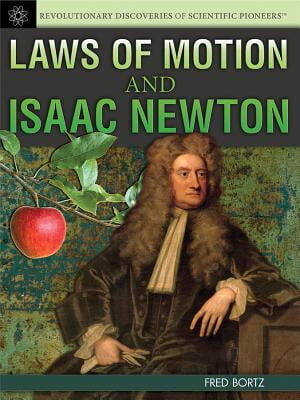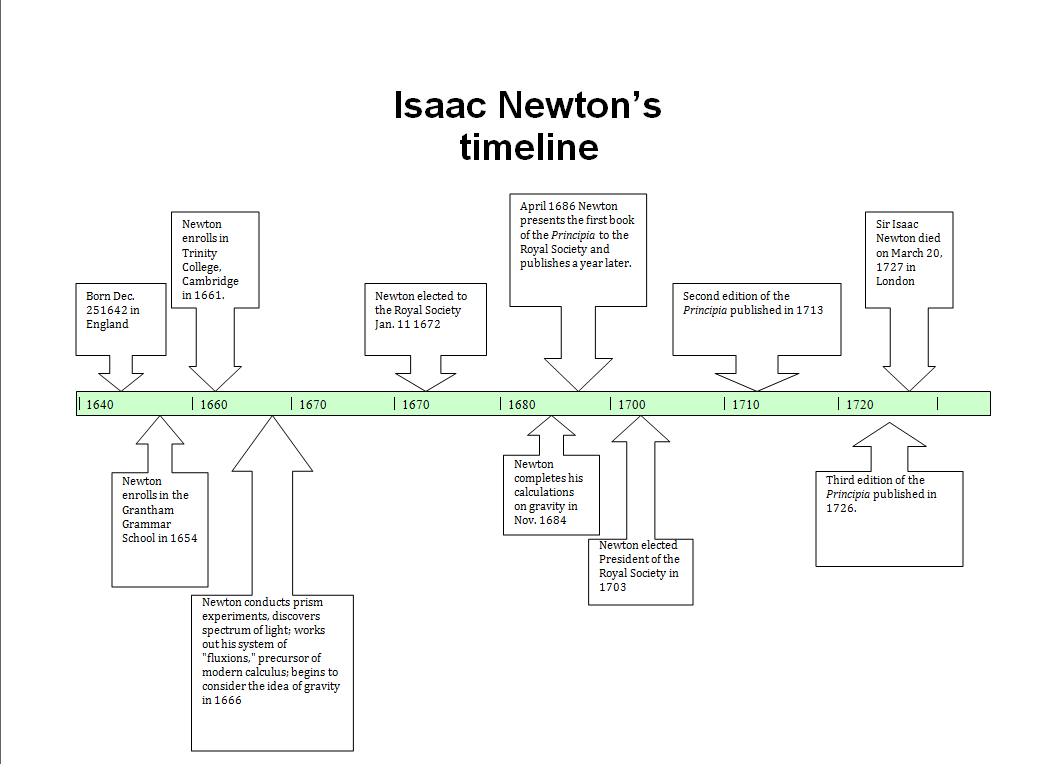

#ISAAC NEWTON DISCOVERIES SERIES#
All he needed to do was omit the denominators and reduce the powers of $latex x$ by 1 in the power series displayed above. In 1687, Isaac Newton put the final nail in the coffin for the Aristotelian, geocentric view of the Universe. Returning to the problem of the circular segment, Newton realized that the equation for the circle itself (not merely the area underneath it) could also be represented by a power series. Isaac Newton is best know for his theory about the law of gravity, but his.

His three greatest discoveries the theory of universal gravitation. Eventually he calculated the first 15 digits of pi. The Enlightenment produced numerous books, essays, inventions, scientific discoveries, laws, wars and revolutions. New Scientist once described Isaac Newton as the supreme genius and most enigmatic character in the history of science. It was an important finding, but it turns out there are better ways to approximate pi by means of an infinite sum, as Newton himself soon discovered after this initial foray into these kinds of infinite sums, now called power series. This is the region under the unit circle, defined by $latex y=\sqrt$. He started with the problem of finding the area of a “circular segment” of adjustable width $latex x$. Wallis included a novel and inductive method of determining the value of pi, and Newton wanted to devise something similar. Isaac Newton Discoveries In Mathematics Isaac newton was a British scientist and mathematician who made significant contributions to mathematics and physics. It all began when young Newton read John Wallis’ Arithmetica Infinitorum, a seminal work of 17th-century math. His reasoning in the letter is so charming and accessible, it reminds me of the pattern-guessing games little kids like to play. He recounts how he made a major discovery equating areas under curves with infinite sums by a process of guessing and checking. In it, he tells a story from his student days, when he was just beginning to learn mathematics. But in one letter to his competitor Gottfried Leibniz, now known as the Epistola Posterior, Newton comes off as nostalgic and almost friendly. Isaac Newton was not known for his generosity of spirit, and his disdain for his rivals was legendary.


 0 kommentar(er)
0 kommentar(er)
